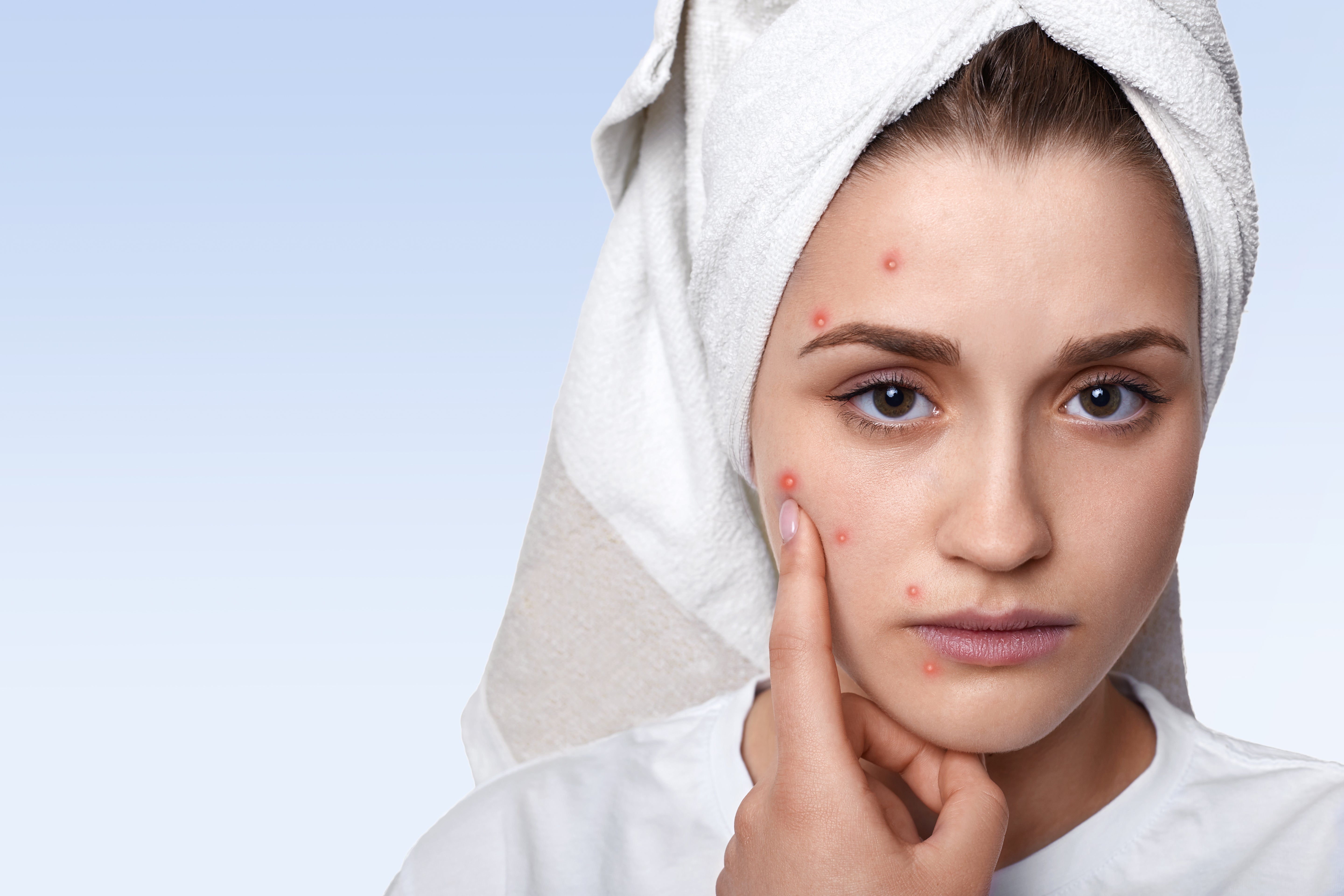Acne is both common and frustrating. It can reduce your self-confidence and make you feel self-conscious. The bright side is that your skin can improve with the right care.
Understanding Acne
Pores can become clogged by oil, dirt, and dead skin cells, which leads to acne. This can result in pimples, blackheads, and whiteheads. At times, bacteria exacerbates the problem, leading to the aforementioned symptoms in addition to redness and swelling.
Acne is not limited to the face and can occur on the back, chest, and shoulders as well. While common among teenagers, adults can also experience acne breakouts, making the right skincare for acne prone skin essential for managing and preventing flare-ups.

Your Guide to Acne’s Common Triggers
Acne may be a common skin condition, but a multitude of factors can trigger its development. Some of the more prominent include the following:
-
Overproduction of oil glands
-
Shifts in hormone levels
-
Flawed skincare regimens
-
Emotional tension
-
High sugar or processed food consumption
Unsuitable skincare products or skincare that is too aggressive
Selecting the right skincare can make a world of difference for acne-prone skin, and understanding the underlying causes is a step in the right direction.
Acne: A Step-by-Step Skincare Guide
A consistent and effective skincare is paramount in controlling acne. Implement the following basic steps daily for best results.
1. Gentle Cleansing
Your face should be washed twice a day with a mild cleanser. Avoid scrubbing your face too much, as it can worsen irritation. Opt for a fragrance-free soothing cleanser.
2. Toner application
Remove dirt and oil while making sure your skin’s pH levels are balanced. Make sure to select a toner that contains no alcohol to avoid skin dryness.
3. Moisturizer
A pimple may appear on your face. Make sure to use oil-free and non-comedogenic moisturizers, as all skin types require hydration. Gentle moisturizers that will not clog skin pores are preferred.
4. Pimple Spot Treatment
Treat active pimples and ceases of benzoyl peroxide or salicylic acid. Treatment can be applied only to areas that are affected.
5. Sun Protection
Sunscreens are beneficial to the skin even when one has acne. It helps avoid skin damage and dark marks that form post-pimple. It is best to use mineral-based sunscreen that is non-greasy.
Hormone Safe Skincare
Some skincare products may throw your hormones out of whack. The safest option is Hormone Safe Skincare, which is devoid of parabens, phthalates, and certain synthetic fragrances. These products are better for one’s health and are great for sensitive, acne-prone skin.
Clear skin tips for your lifestyle
Taking care of your skin goes beyond the products that you use. It is profoundly influenced by your lifestyle.
-
Stay hydrated
-
Consume more fresh fruits and vegetables
-
Limit sugary and oily processed foods
-
Improve your sleep habits
-
Manage stress through meditation or exercise
-
Regularly change pillowcases and towels
Habits to avoid
When managing acne, these habits should be avoided:
-
Squeezing or picking at acne
-
Overly multitasking with products
-
Sunscreen skip
-
Over washing or under washing the face
-
Wearing makeup during sleep
-
When to consult
Consider consulting a skin specialist if your acne is too intense or is recurrent. They are able to recommend more powerful treatments such as topical or oral medications.
For more information visit our Facebook Page.

FAQS
1. What is the maximum recommended time I can go without washing my face while having acne?
For your particular skin type, washing your face twice a day should be sufficient. Going beyond this can lead to unnecessary skin irritation.
2. Are there certain foods that may increase the chances of acne?
Absolutely. Any products that have a high concentration of sugar and dairy can serve to trigger breakouts for certain individuals.
3. Is it true that sunscreen is important for acne-prone individuals?
Absolutely not. Applying sunscreen will assist in the prevention of skin damage and will help while healing post-inflammatory hyperpigmentation.
4. What is the average time frame in which people should expect to see improvement with their skincare routine?
4 to 8 weeks is the general industry standard, make sure to stay patient throughout the time frame.
5. Does stress make the chances of acne increase?
Acne will indeed increase, managing day to day stress will prove to be beneficial for the skin as well as peace of mind.

